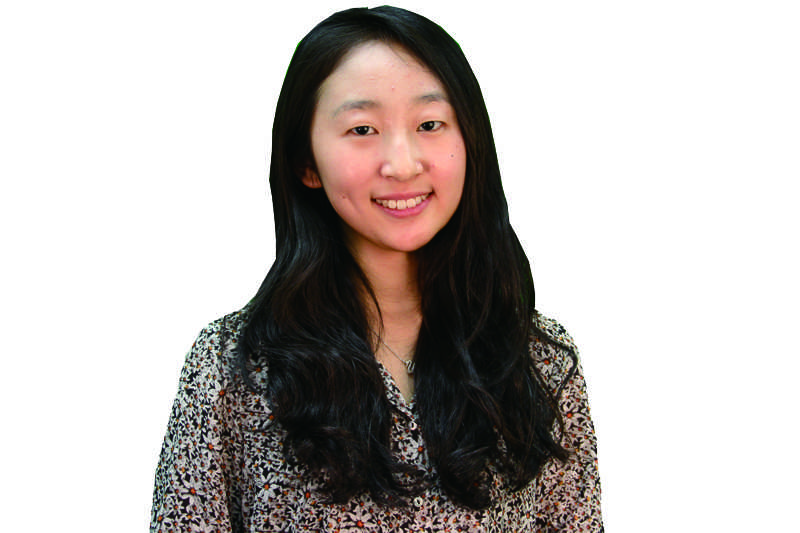Shin: Yuna Kim an inspiration, win or lose
February 25, 2014
The ice is melting, but the talk of the ice queen has yet to subside. Yuna Kim, affectionately called “Queen Yuna” by Koreans, recently won a silver medal for women’s singles figure skating at Sochi after receiving a gold at the Vancouver Olympics. Recently, Facebook has exploded with comments about the gold/silver controversy: whether Adelina Sotnikova deserved the gold over Yuna. But I won’t go into this because, as a Korean and a long-time fan, I am clearly biased in favor of Yuna — and because I don’t know the skating regulations and technicalities.
Yuna’s graceful yet powerful stride on ice and her perfect jumps and spins are parts of her mesmerizing act — truly living the character she plays. She is beautiful, period. In my heart, she is an all-time gold medalist, not just for her amazing performance on ice, but for her story, which inspires me to take full advantage of my Northwestern experience to reach out for my goals.
Korea is not known to be a country for figure skaters. There is no professional ice rink, so all the hockey players, figure skaters and speed and short track skaters have to fight for limited regular ice rinks. Often these different athletes — the national champions — have to use the same rink together, and the temperature of the ice changes depending on what kind of athletes are using the rink. In other countries, athletes reserve special training times with the proper conditions, and in the case of longtime rival Mao Asada, a skating rink just for herself.
Needless to say, it’s almost a miracle that despite these hurdles, she is a world-renowned figure skater who goes beyond techniques and touches those who watch her. She gives us hope and strength to overcome any difficulties and reach higher. Whatever polar vortex there may be, her story makes me thankful for all of the resources available here. It seems like there is no excuse not to push myself for my goals with such a diverse support system.
It comes down to a mind game, according to Yuna in “The Guru Show,” a Korean talk show where famous people sit down to talk about their worries or concerns. There were times when she wondered if she should quit. I definitely have times when I doubt myself and wonder whether I chose the right path — coming to NU, for instance. But seeing her human, somewhat vulnerable side of her, makes me realize she is a human being, and I can erase all distractions, too, and focus on what matters the most.
In the show, Yuna confessed she felt dejected after the Vancouver Olympics. Yes, she won the gold medal, which she had been working for her entire life. But she paid a price: Unlike many teenagers her age, she trained dawn till dusk and gave up the joys of childhood. She said in the show that she began to wonder whether all the hardships were worth it for something so small as a gold medal. Up until that point, I only saw her “reign” over her ice kingdom, triumphantly standing atop the podium.
In the Sochi Olympics, many reporters asked Yuna how she felt about the results. She answered that she takes more meaning from participating than from winning. And for me that was true triumph over oneself and over other measures people have put on her.
Now, Yuna has officially retired. Her life as a figure skater is over. For all her intense devotion, her career seems too short-lived. It’s like a flower that blooms and fades away, only to be etched even stronger in the mind.
We don’t see much of the figure skaters, at least on mass media, besides their actual performances, their waiting scene at the “Kiss and Cry” zone and the medal ceremony. The zone is where the figure skaters and their coaches sit and wait for their scores after performing. If they do well, they kiss in joy, and if not, they cry — hence the name.
My life, it seems, has yet to begin. At NU, we are all competing in different competitions on different stages. We reach out for medals of our own. There will be our own “Kiss and Cry” zones. We can either let others or ourselves be the ones setting how to measure success. In a way, as much as I want Yuna to get her second Olympic gold medal, I love how she seems to transcend the medal itself.
Heiwon Shin is a Medill freshman. She can be contacted at heiwonshin2017@u.northwestern.edu. If you would like to respond publicly to this column, send a Letter to the Editor to opinion@dailynorthwestern.com.



